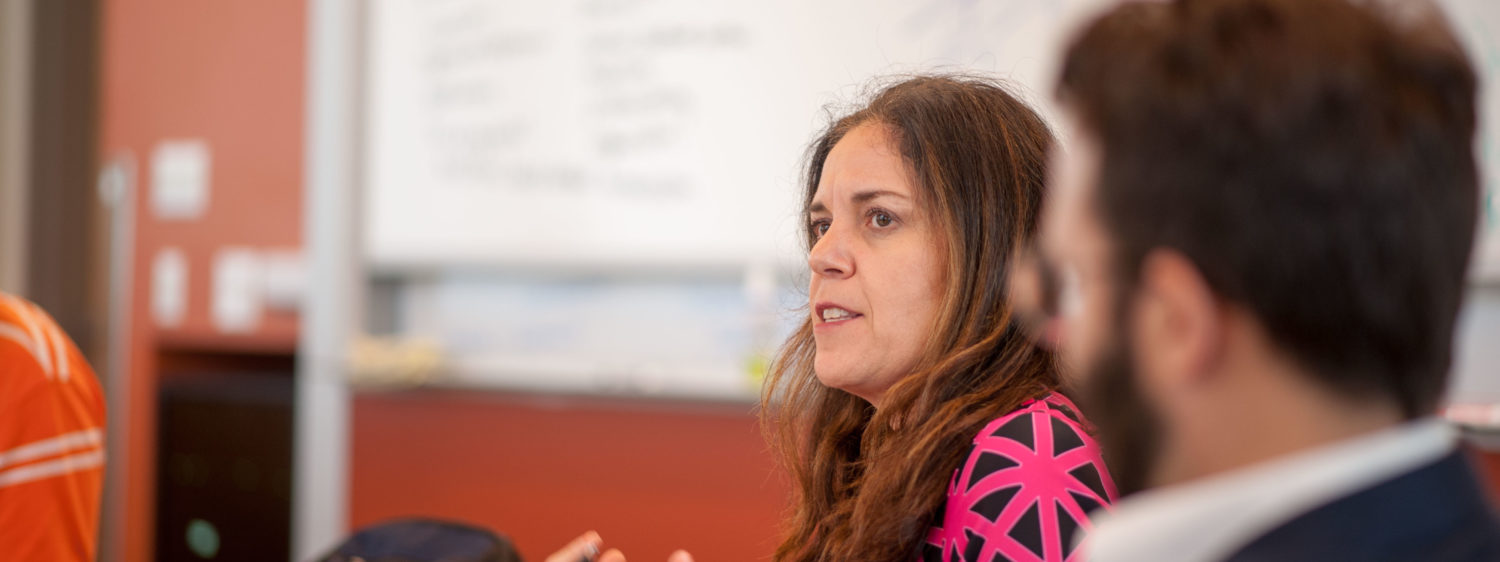by Margarita Mooney Clayton on July 24, 2019
This piece originally appeared in Faith & Leadership, a learning resource for Christian leaders and their institutions from Leadership Education at Duke Divinity School at Duke University.
Students should take part in conversations across disciplines and perspectives and learn that even in disagreement, listening is key, says a professor of sociology and religion.
When Margarita Mooney heard the name Joseph Ratzinger for the first time, the only thing she knew about him was that he would be her next pope.
“I was 30 years old with a Ph.D. in sociology, and I had no idea who Joseph Ratzinger was,” she said.
A researcher to the core, she went to the library and looked him up. She found hundreds of entries, including more than 60 books, in several languages.
She started reading the pope-elect and found that his work was highly relevant to her own. Seeing the connections between his “Introduction to Christianity” and her own research sparked her interest in learning more theology.
“Where I’m strongest is really understanding the intersection between the social sciences and theology,” she said.
Mooney teaches now at Princeton Theological Seminary, where she works across disciplines and hopes to model for students how crucial hearing other voices is to learning in a university context.
She tells her students, “The first move in learning is a posture of humility and rejoicing and understanding something, even if you disagree with it,” she said.
Read the full article by at the Faith & Leadership website here.
